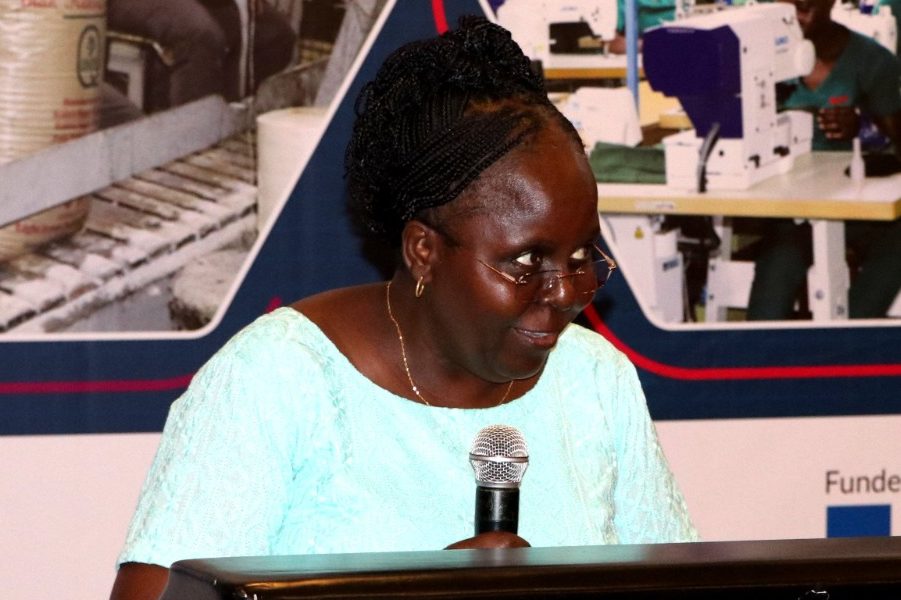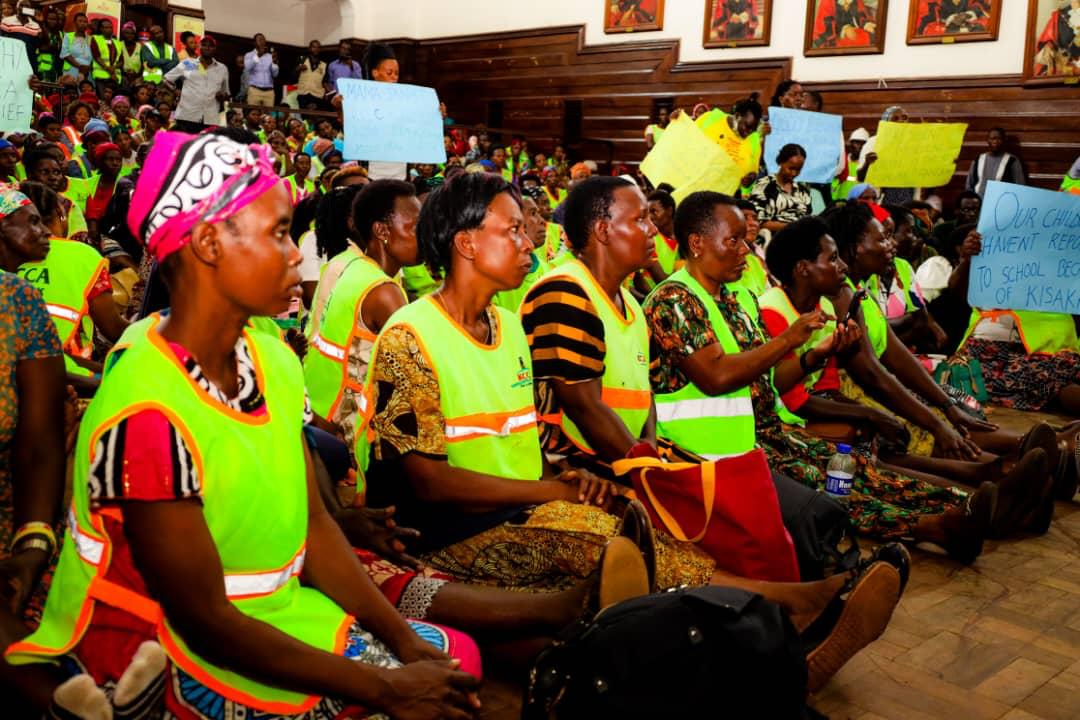The Economic Policy Research Centre (EPRC) has initiated a transformative three-year research project to explore how inclusive labour market institutions can pave the way for productive and decent work in Uganda.
This ambitious study aims to identify key strategies and policies that could enhance employment conditions and promote economic growth across the nation.
A critical aspect of the research focuses on the discrepancies in labour practices within the country.
Many companies currently operate outside legal frameworks, resulting in employees often being unaware of their rights.
Dr Madina Guloba, a senior research fellow at EPRC, said the study would serve as a crucial eye-opener, empowering workers with the knowledge they need to assert their rights and ensuring that labour laws are upheld.
‘’This research will serve as an eye-opener because certain labour companies operate outside of the law and employees are unaware of their rights. Legislation establishing a minimum wage is necessary,’’ Dr Guloba said.
Another pivotal issue the research aims to address is the absence of a legislated minimum wage in Uganda.
Aggrey David Kibenge, the permanent secretary at the Ministry of Gender, Labour and Social Development, expressed a strong support for EPRC's initiative.
Kibenge noted that while the topic of a minimum wage has been presented to the country's cabinet, no concrete action has been taken.

However, he remains hopeful that the findings from this research will catalyze the necessary legislative changes to establish a minimum wage, ensuring fair compensation for all workers.
‘’The EPRC's research is not only timely but also essential for creating a more equitable labour market in Uganda," Kibenge said.
"By identifying effective policies and advocating for critical legislative reforms, this study has the potential to lay the foundation for a more inclusive and productive workforce, ultimately driving sustainable economic growth.’’
The absence of a minimum wage contributes to a culture of exploitation in the labour market.
Some employers take advantage of the lack of regulation to underpay workers and cut costs, prioritizing profits over fair labour practices.
This environment undermines workers' rights and can lead to poor working conditions, as employees are less likely to report abuses or demand better treatment when their job security is already precarious.
Despite ongoing discussions and advocacy efforts, the country has yet to implement a minimum wage policy, leaving many workers vulnerable to exploitation and economic instability.
Experts believe that to address these challenges, it is imperative for Uganda to consider implementing a minimum wage policy.
Such a policy should be set at a level that ensures a decent standard of living for all workers, taking into account the cost of living and inflation rates.
Additionally, the government should establish mechanisms to regularly review and adjust the minimum wage to reflect economic conditions.
Strengthening labour laws and enforcement mechanisms is also crucial to protect workers' rights and ensure compliance with wage regulations.
As the EPRC embarks on this significant journey, the nation watches with anticipation, hopeful that the outcomes will lead to meaningful improvements in the labour market, benefiting both employees and employers alike.


